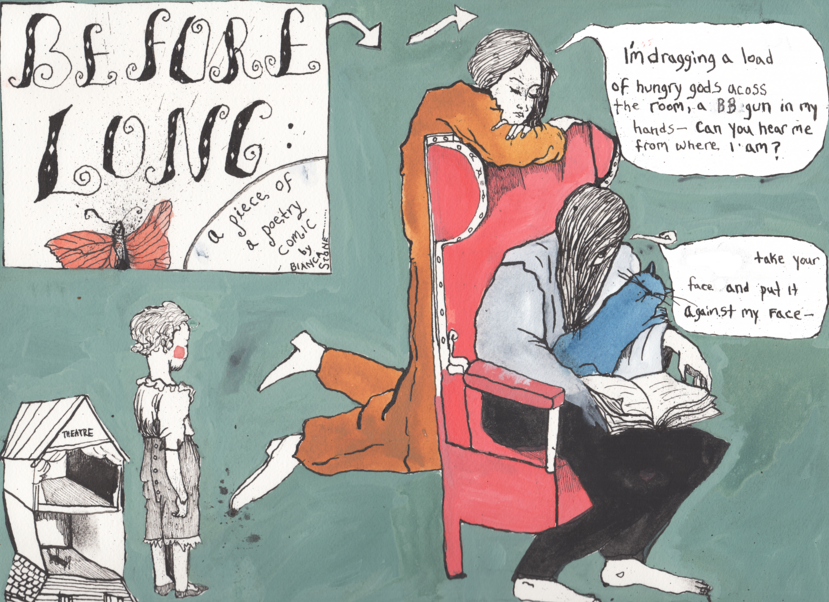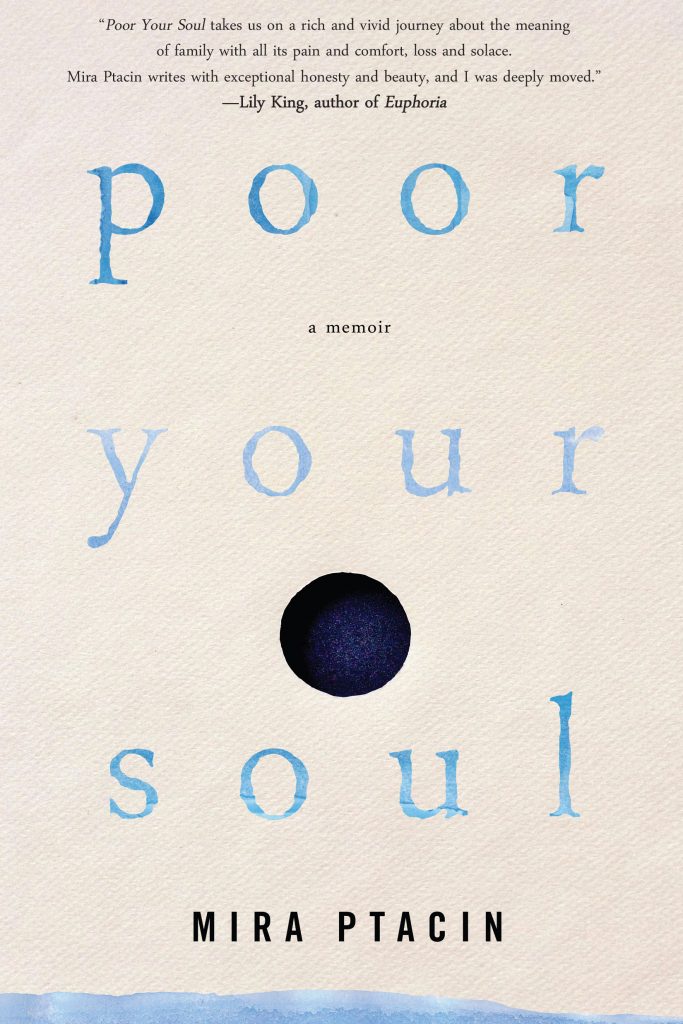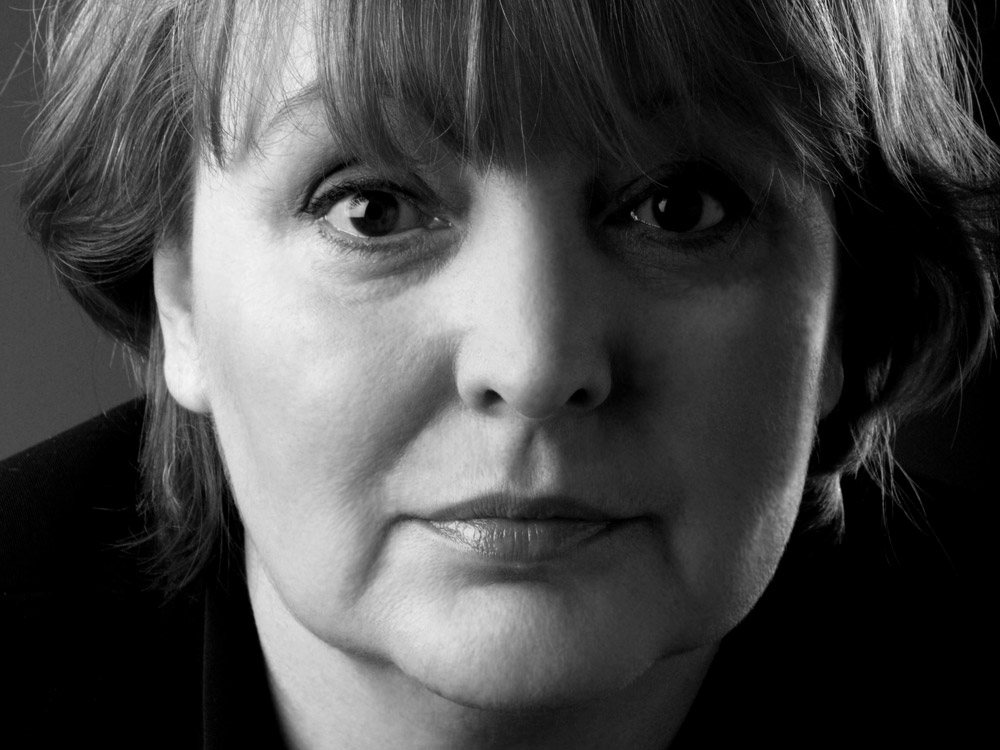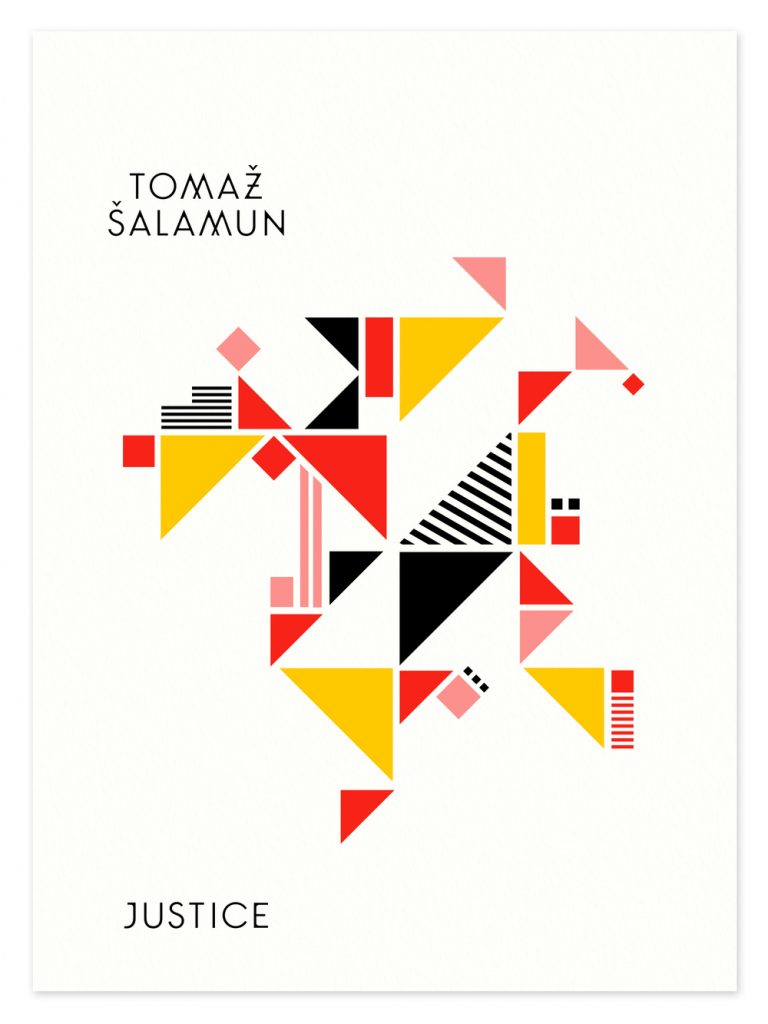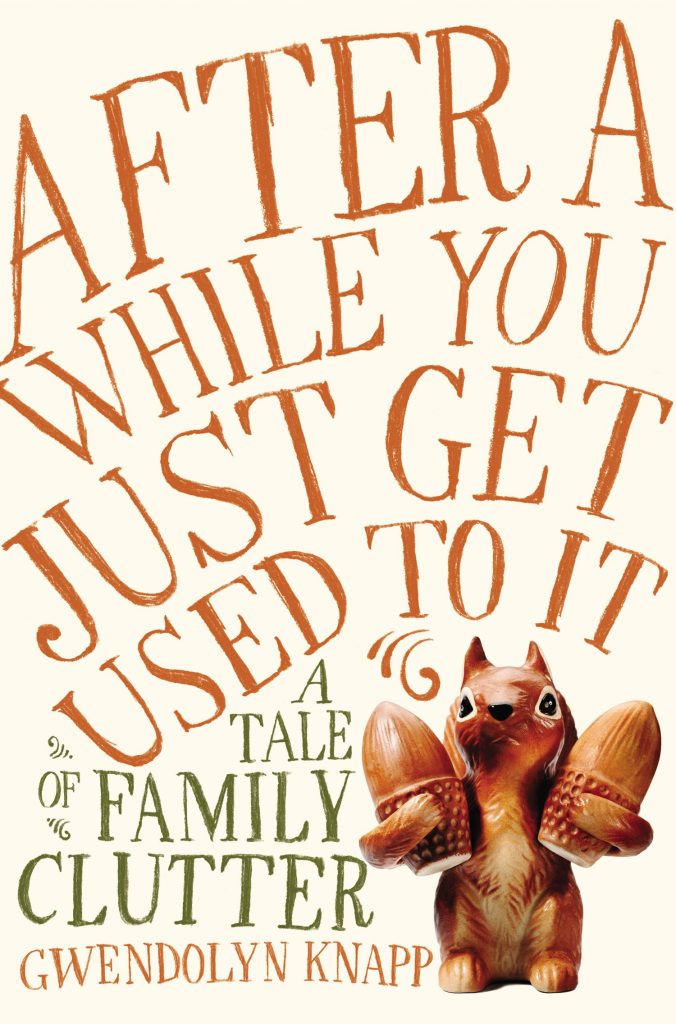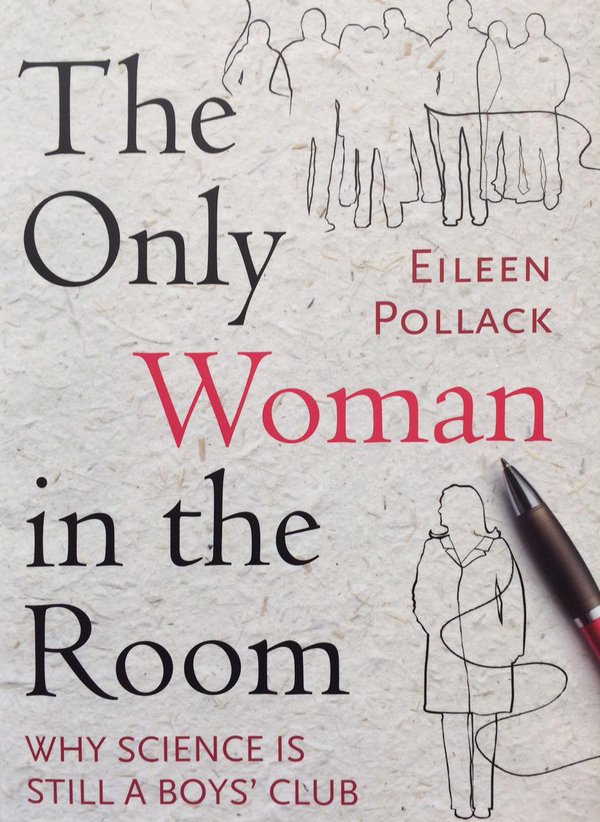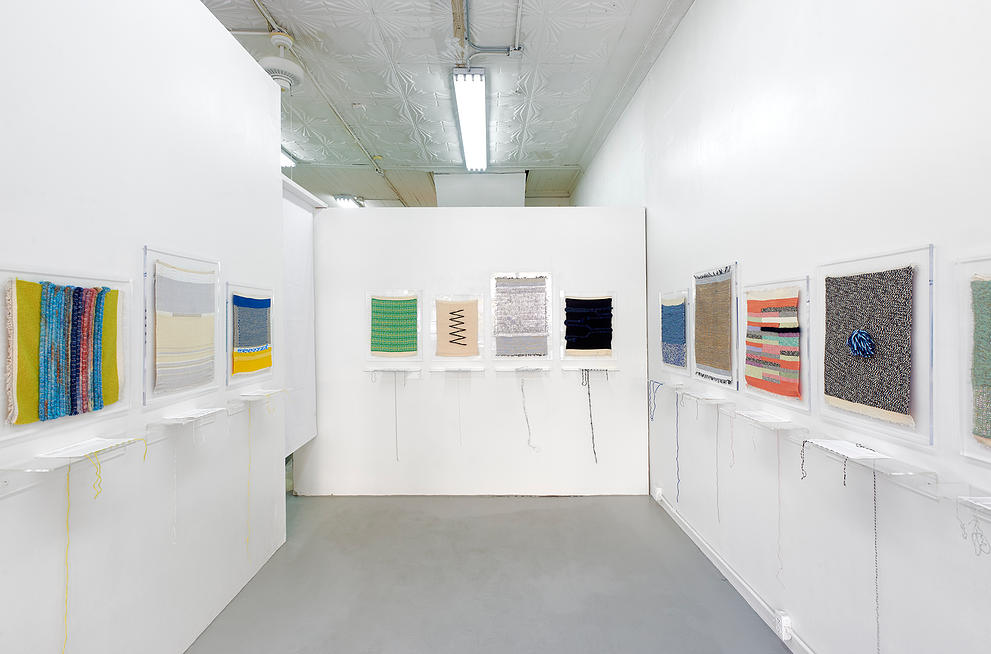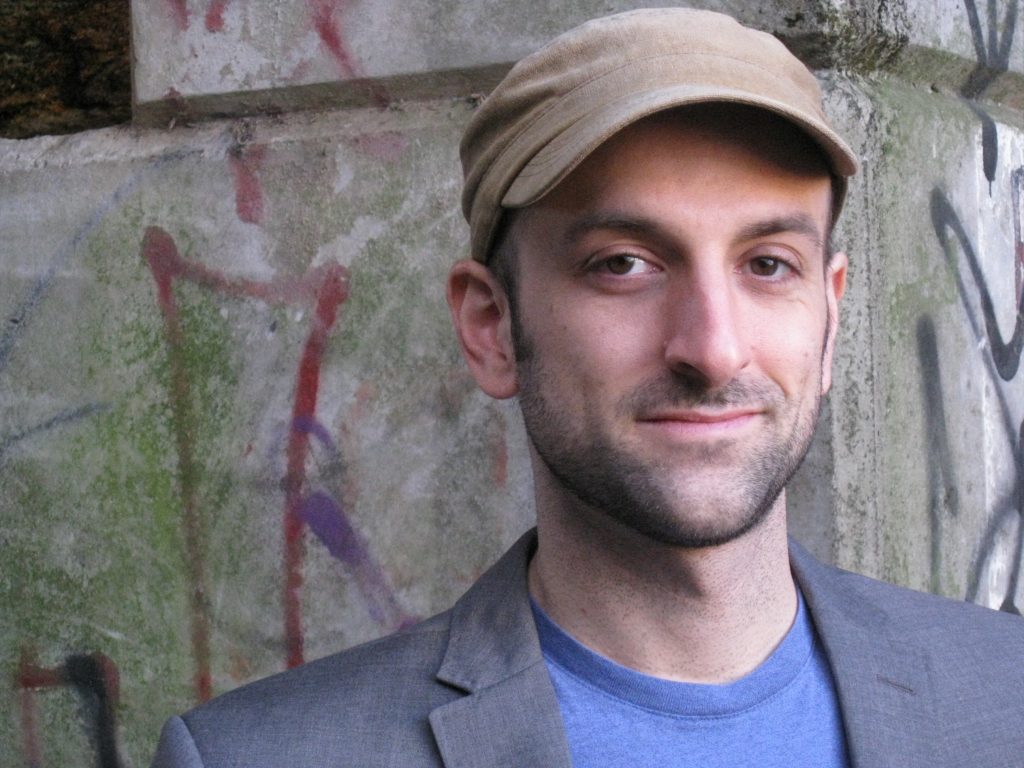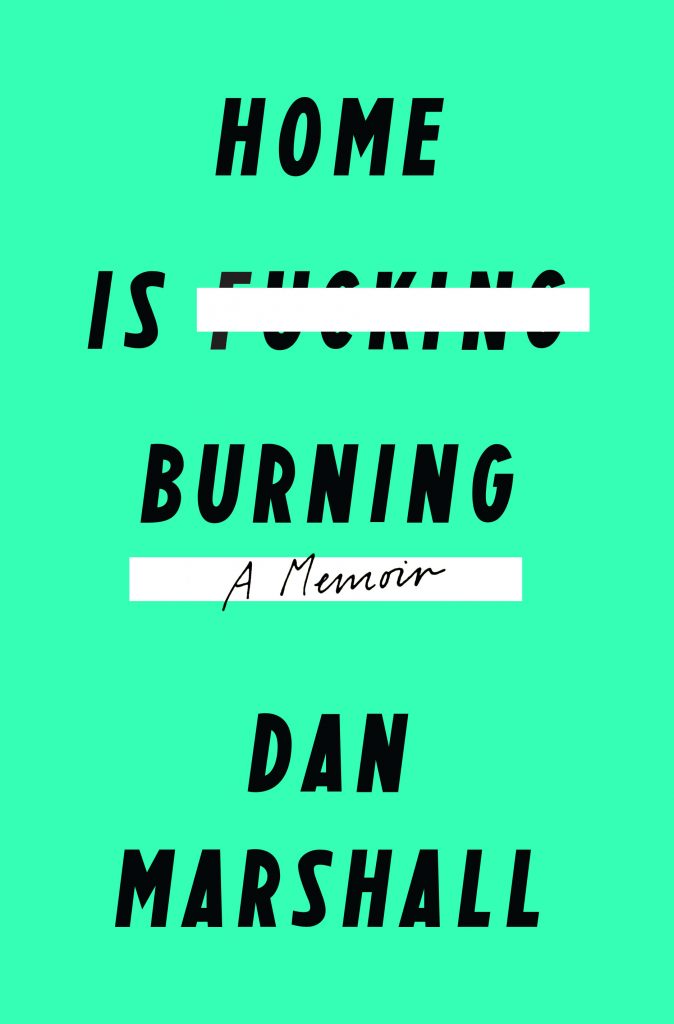On “Poetry Comics From the Book of Hours”: An Interview with Bianca Stone
“The process of making a poetry comic is vital, since I don’t plan out in advance; don’t plot and storyboard. The process is where the piece determines itself. It’s a lot like composing a poem on a blank page: you have tools (language, memories, obsessions, sound) and you work with those in a sort of simultaneous process of improvisation and intent. So, even if the poem is already written, it’s going to become something totally different in the end.”
On “Poetry Comics From the Book of Hours”: An Interview with Bianca Stone Read More »

